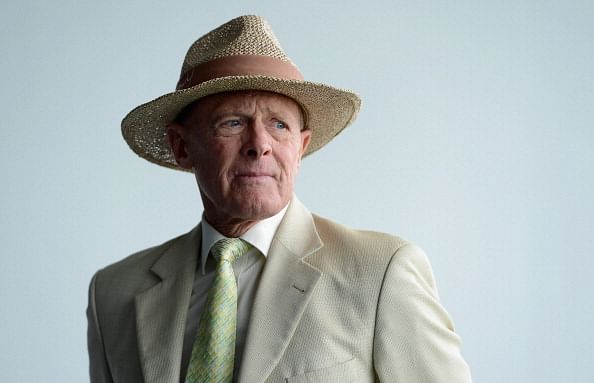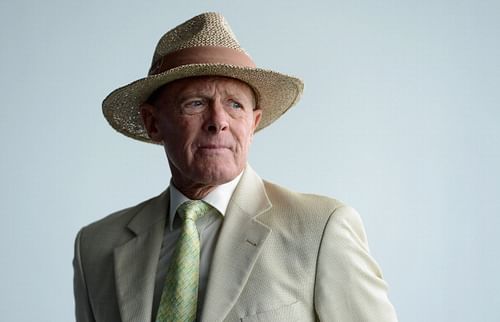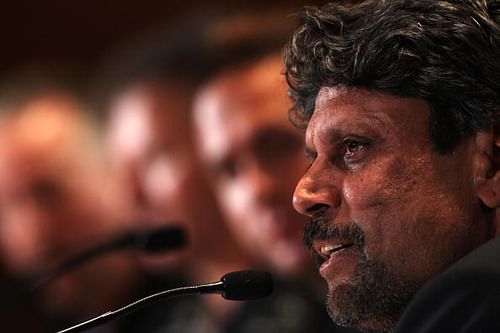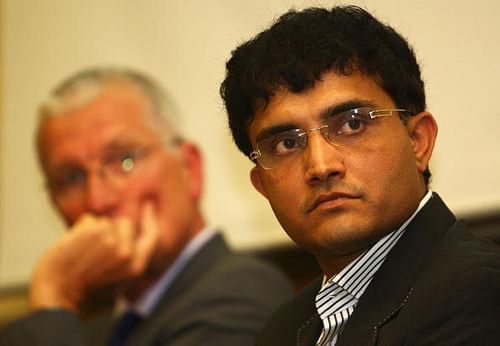
Thank you, we have had enough of you: five tales of premature exits in cricket
There is always an intriguing aspect in sport when performances are not what guarantee you a regular place in the scheme of things. Self-discipline, attitude on the field of play and playing for the cause of the team carry more importance than the personal landmarks. The recent “homework-gate” episode was not a first incredulous occurrence in the history of the game. Here’s a look at a few instances where the team management were forced to take hard calls for reasons beyond cricket.
An ill Geoff Boycott plays golf:

Geoffrey Boycott was quite the controversial cricketer. (Getty Images)
The England team management often had issues with the Yorkshire opening batsman’s attitude on the field. In 1967, Geoffrey Boycott was dropped from a Test match because he had scored 246 not out against India at a snail’s pace. On the tour to India in 1981-82, Boycott did not feature in the Calcutta Test match as he was unwell. But Boycott irked his teammates when he went to play a game of golf. The then highest scorer for England, in the history of Tests, Boycott, was not setting a right precedence for the team. He impaled an apology letter in the dressing room.
After returning to England after the tour Boycott joined the rebellious South African tour. That marked an end to one of the finest cricketing careers.
A costly fishing expedition for Symo:
In 2008, Andrew Symonds skipped a compulsory morning team meeting on the eve of the one day match against Bangladesh and went fishing instead. He also missed an optional training session that afternoon.
Cricket Australia sent Symonds home. This was not the first time Symonds faced the wrath of the team management. In 2005, Symonds went on a night out before a game against Bangladesh. Australia lost the game at Cardiff and Symonds received a lot of flak from the media. He was made the scapegoat for the loss.
Symonds was brought back into the team after the fishing fiasco but within a year he was side-lined from the Australian team.
Careless batting cost him his spot:
He burst onto the international scene when he bowled Pakistan’s Sadiq Mohammad out. When India visited Pakistan in 1978, Kapil Dev was the biggest plus for India on the tour, although India lost the series 2-0. Dev played every match from 1978 to 1993 barring Kolkata Test of 1984.

Kapil Dev missed just one Test from 1978-93. (Getty Images)
His style of play was to always go for his shots. Kapil had the propensity to play match changing innings. But this natural stroke making style brought about his downfall on most occasions. In the home series against David Gower’s England, Kapil threw away his wicket after hitting a six at Ferozshah Kotla. England won the game. Kapil’s careless batting was blamed and he was dropped from the next Test match at Kolkata.
Missing the target by a long margin:
In 2007, the whole world was excited about the inaugural World Twenty20 in the Rainbow nation. Just before the tournament began, news spread around the world about Shoaib Akhtar’s dressing-room drama. He had hit his new ball partner Mohammad Asif on the thigh with a bat. Akhtar later confessed that he wanted to hit Shahid Afridi but he missed his aim and accidentally hit Asif. Akhtar was sent home immediately.
Denness-gate: When the half the side was penalized for appealing:

Sourav Ganguly was given the harshest sentence in this fiasco. (Getty Images)
At St. George’s Park, Port Elizabeth former England captain and the match referee Mike Denness found six Indian players guilty of various offences. While Sachin Tendulkar was handed a one-match ban for tampering the ball while four others: Virender Sehwag, Harbhajan Singh, Deep Dasgupta and Shiv Sunder Das were also handed one-match suspensions for excessive appealing. Skipper Sourav Ganguly was suspended for one Test and two ODIs because of his inability to control his players behaviour.
India was shocked by Denness’ verdict and the International Cricket Council (ICC) was accused of being biased towards emerging third world nation like India. The BCCI demanded sacking of Denness from the third Test match and he was replaced by Denis Lindsay after South African board acceded with the BCCI’s demands. ICC announced the third Test as unofficial.
Denness served as a referee for another two Tests and three ODIs.